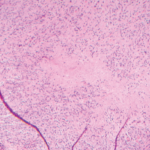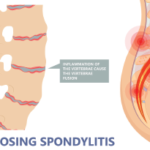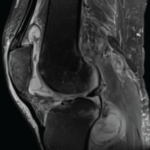The use of biosimilar treatments is increasing, according to surveys conducted in 2018 and 2020 of rheumatologists from eight countries. In the two-year period, Japan had the largest increase in biosimilar prescriptions, with only 6% of surveyed rheumatologists reporting they prefer prescribing originator biologic agents.








